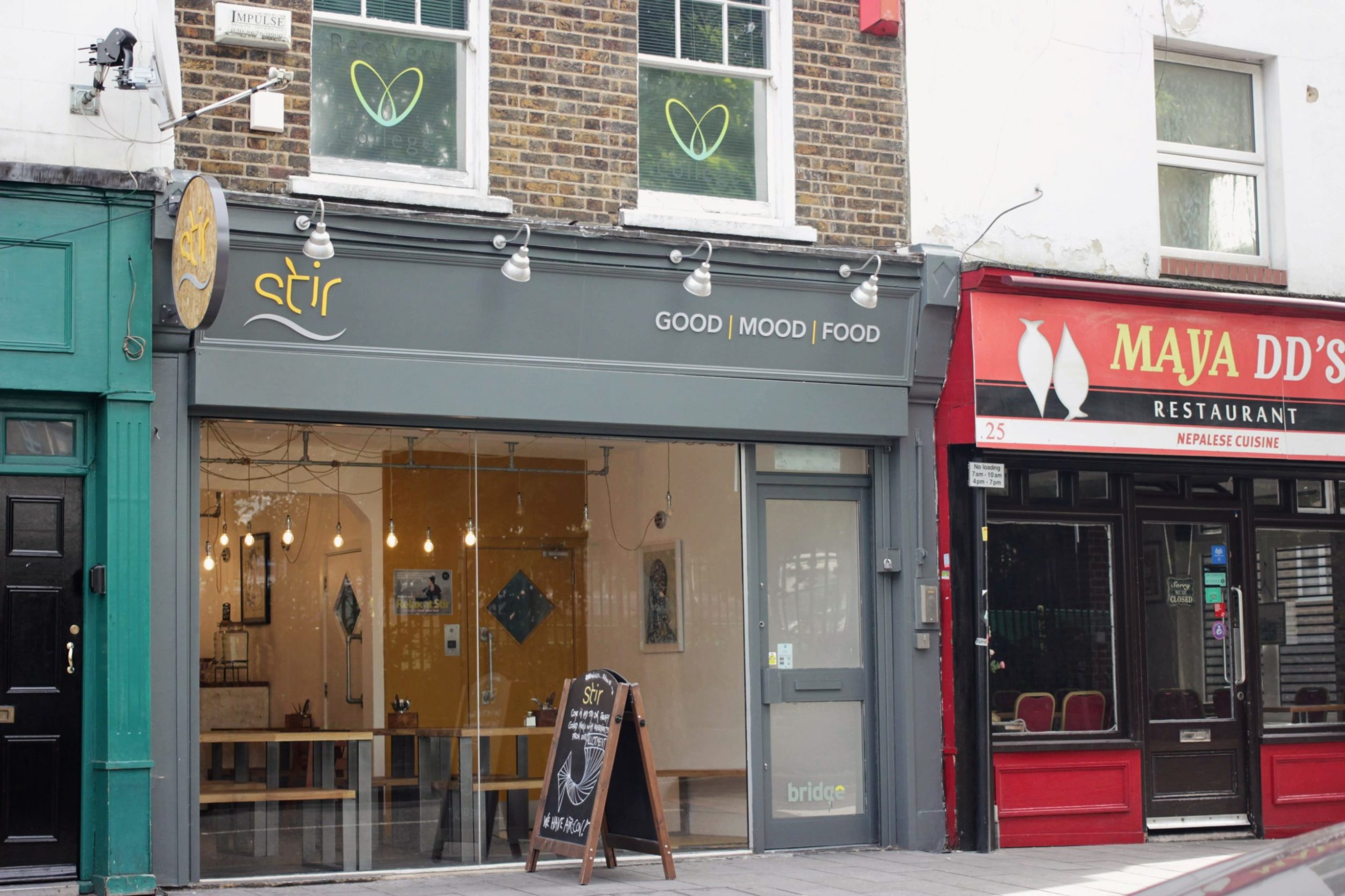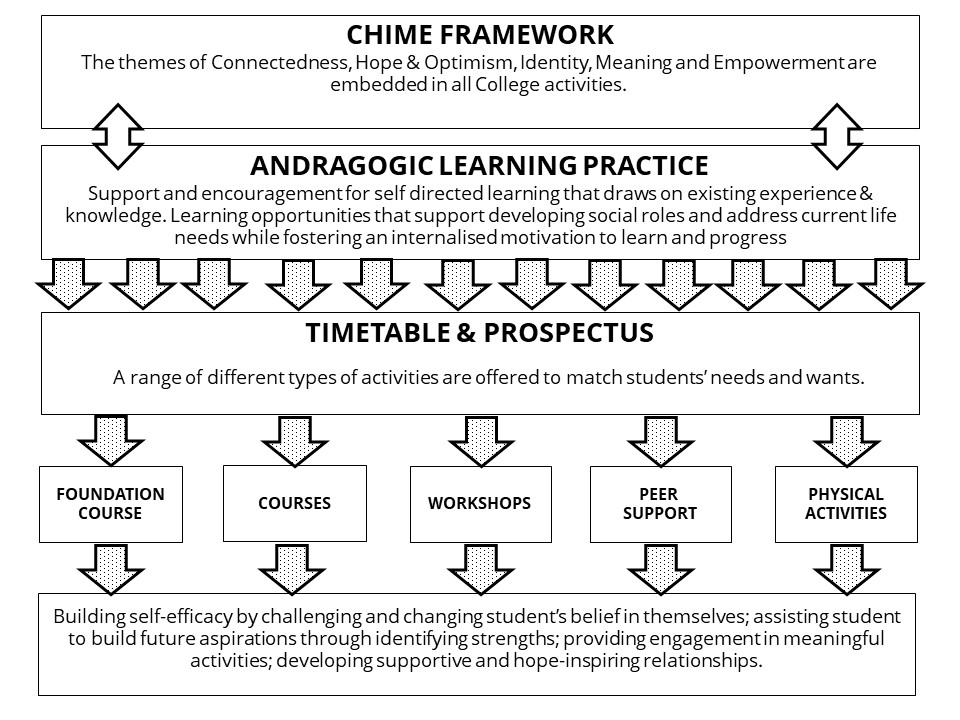About Us
What we do
At Recovery College Greenwich, we like to think we are in the business of hope. Hope…believing that things can get better. We see recovery as a journey, and we are but a staging post on people’s journeys. Hope is the starting point.
We use education to support recovery and offer a range of courses aimed at inspiring hope and supporting people to recognise and develop their own resources in order to deal with life’s ups and downs.
Courses offer a safe and supportive learning environment to explore what recovery and wellbeing means to the individual, and to learn new skills, through self-management.
We focus on prevention to help people stay well and flourish. All our courses are co-facilitated by staff and peer trainers, meaning that there will always be a combination of professional and lived experience.

Key aims
- Developing positive self-esteem – Be comfortable with who you are
- Motivating students to set goals – Have a sense of direction
- Provide students with a space to socialise and integrate – Foster a sense of belonging
- Encourage students to enhance their wellbeing through intentional activities – Take responsibility
- Uncovering and implementing values to live more authentically – Being aware of what you believe in
How we work

We work within a framework called CHIME (Leamy et al, 2011) . CHIME is a conceptual framework for personal recovery in mental health.
It is embedded in all our work.
Our courses emphasise hope, connection and a sense of belonging.
Key features of a recovery-focused service
- Educational approach – building self-efficacy by challenging and changing student’s belief in themselves.
- Hope-inspiring relationships – relationships are central to hope. If you find it hard to believe in yourself, you need others to believe in you.
- Co-production – lived experience leading the way in the design and delivery of activities.
- Peer Support – knowing other people who have been through similar difficulties with their mental health and have gone on to live satisfying and fulfilling lives often provides hope for those who are starting out on their recovery journey.
- Focus on the here and now – it’s the only place you can make change. No amount of guilt/regret can change the past. No amount of anxiety can change the future.
- Self-management encouraged and facilitated – taking responsibility and control of mental health and life.
- Strengths identified – they represent the real person.
- Goal setting to establish a sense of direction/purpose – assisting students to build future aspirations.
- Community links and future options explored – engendering a sense of community and belonging. Encouraging students to play full roles in society.
